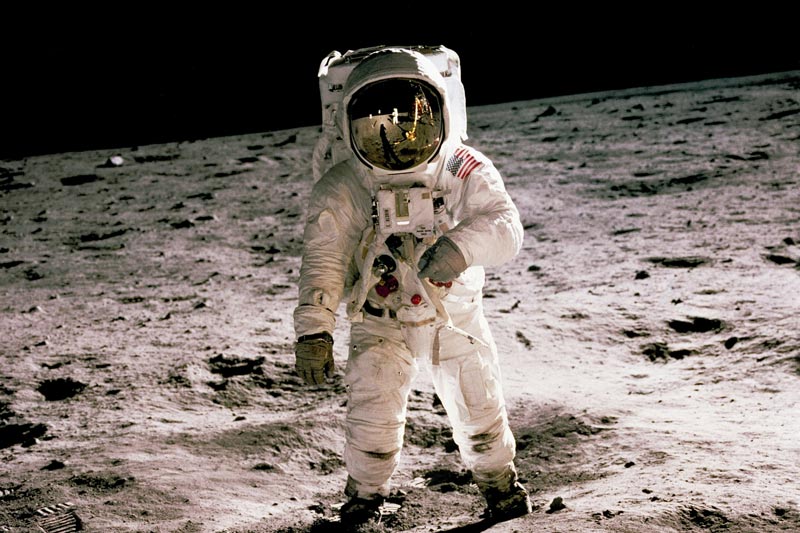
Have you ever wondered whether humans will ever colonise other planets? Explore the vast span of space and settle on other planets? Well, as a child at heart, I can still dream, can’t I?
The idea of colonising another planet has always been a hot topic for space enthusiasts. From NASA to Elon Musk’s SpaceX, space exploration has come a long way from the Apollo Space missions to the numerous rocket launch tests and missions.
Amongst all these, the colonisation of Mars has been most probable, fueled by Elon Musk’s ambition and mission to settle as soon as possible via SpaceX.
However, as humanity sets its sights on Mars, the journey to the Red Planet is faced with both excitement and peril. Recent research conducted by the University College London (UCL) has highlighted a critical health risk that could potentially jeopardise these space missions, showing the physiological challenges astronauts may face during long-duration space flights.
The study reveals that space conditions, particularly microgravity, cause structural changes in the kidneys. It noted that within just a month in space, the tubules in the kidneys, which fine-tune the balance of calcium and salts, begin to shrink. This effect, observed in both human and animal kidneys, suggests that microgravity fundamentally alters kidney function.
This structural change is concerning because it exacerbates the risk of kidney stone formation among astronauts, which was traditionally attributed to bone loss caused by microgravity. However, the UCL study indicates that space flight also changes how kidneys process salts, compounding the problem.
Beyond microgravity, astronauts venturing to Mars will face prolonged exposure to galactic cosmic radiation (GCR), which is not shielded by Earth’s magnetic field. Simulations mimicking a Mars mission, where mice were exposed to GCR for up to 2.5 years, showed permanent kidney damage and loss of function. This damage appears late, making prevention challenging and threatening mission success.
According to Dr. Keith Siew from UCL’s Department of Renal Medicine, without effective protective measures, astronauts could potentially face catastrophic kidney failure during the return journey from Mars, necessitating dialysis.
The study calls for the urgent need for innovative solutions to protect kidney health during space missions. While traditional shielding against GCR is ineffective for kidneys, advancements in renal biology could lead to technological or pharmaceutical interventions. Possible solutions might include developing drugs that mitigate the effects of radiation on the kidneys or incorporating onboard dialysis capabilities.
These findings not only impact space exploration but also have potential applications here on Earth. Innovations to protect kidneys from radiation could benefit those undergoing cancer treatments, where kidney tolerance limits the use of certain treatment techniques.
As we push the boundaries of human exploration, addressing these biological challenges is essential. While the dream of Mars is tantalising, it brings with it health challenges that we must address to ensure the safety and success of our astronauts. We must innovate and adapt to safeguard the pioneers who will lead the vision of interplanetary travel.
